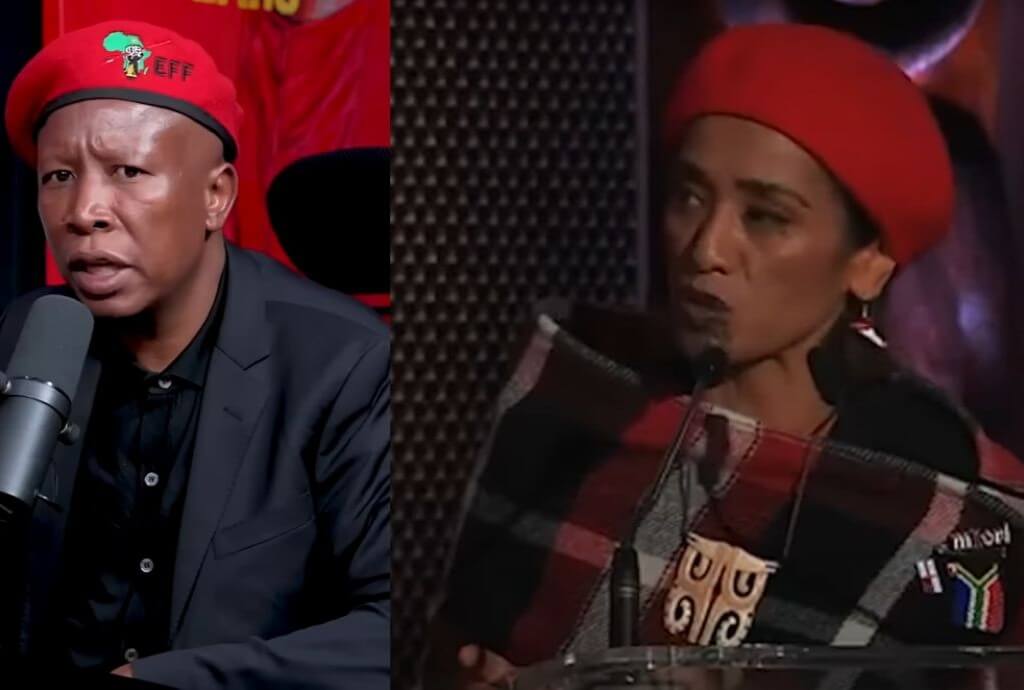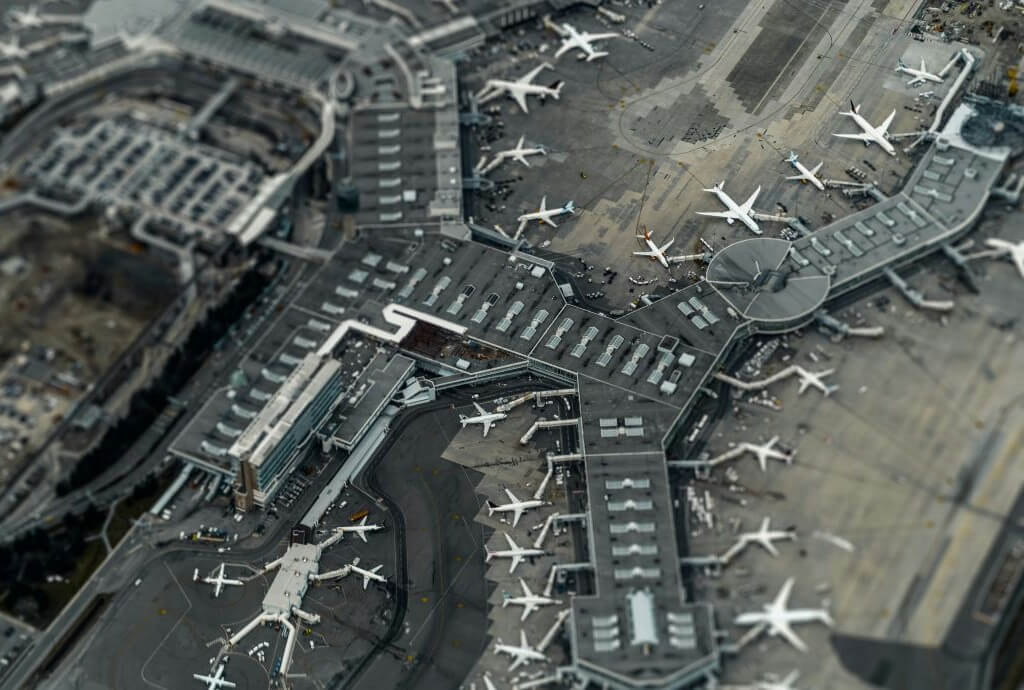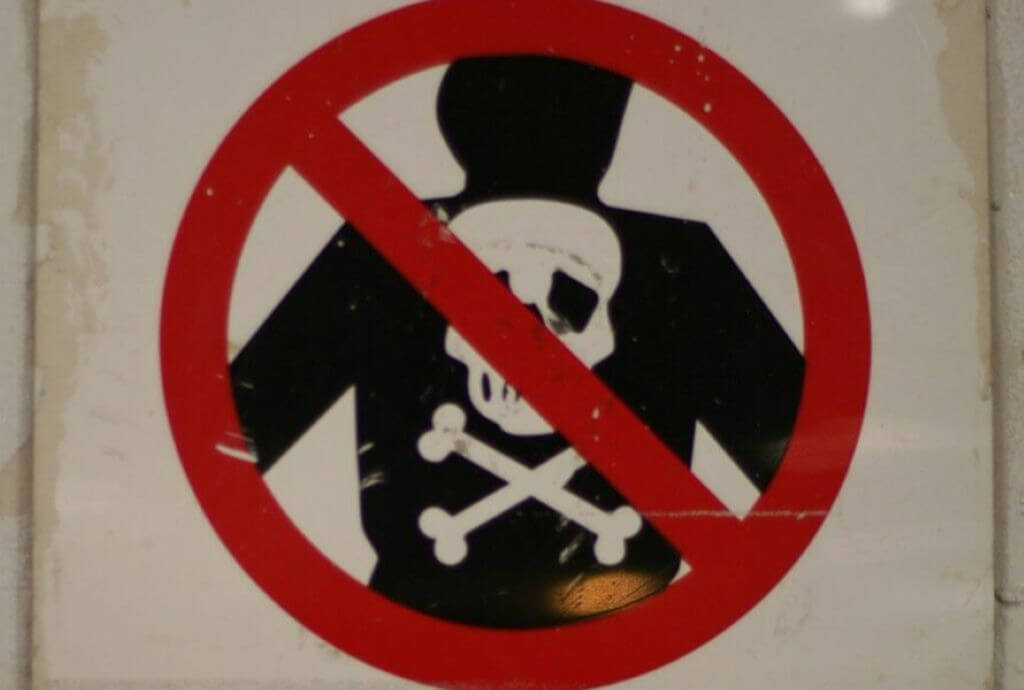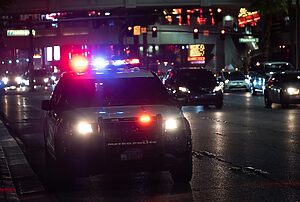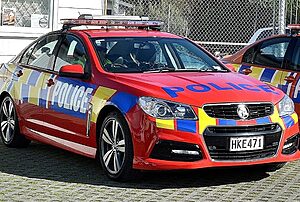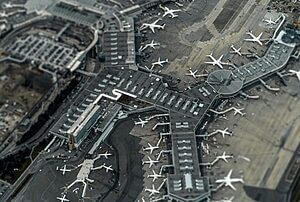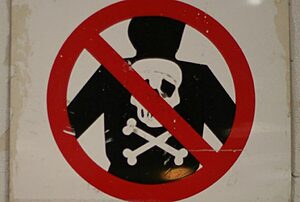Summarised by Centrist
Ngāpuhi leader Mane Tahere has publicly called on Police Minister Mark Mitchell to bring Ōpōtiki-style drug raid tactics to Northland, saying the region is in crisis from rampant meth use, and the old distrust of police must end.
Tahere, chairman of Te Rūnanga ā Iwi o Ngāpuhi, described seeing teenagers brazenly smoking meth in daylight on Kaikohe’s main street, just metres from the police station.
“Our hard, staunch kind of hate for the police is not the future,” he said.
He urged a decisive crackdown, backed by iwi, government, and community, acknowledging that “cracking down on the supply is a major part” of the solution.
Northland currently leads the country in meth use, with 2000mg consumed daily per 1000 people. Police Minister Mitchell agreed Northland needs support and praised Tahere’s leadership: “Mane could probably point to the whānau where the issues are coming from.”
The 2024 Ōpōtiki operation saw police storm 15 gang-linked properties in one day, charging 22 people. Critics accused police of traumatising children, but Mitchell defended the need for such action, noting a similar effort could be considered for Northland: “We need to be doing the same thing.”
While some Māori remain wary of police, Tahere said that attitude must shift: “A lot of police are our whānau now anyway.” He stressed that while a crackdown alone won’t fix the problem, it is “a major part” of turning the tide against Northland’s meth epidemic.
Shane Jones backed Tahere’s call, saying: “If there is a delivery akin to Ōpōtiki in the future, stand up for the rule of law and stand up and support the police.”

